RESEARCH & FACULTY
CARDIOVASCULAR & PULMONARY BIOLOGY
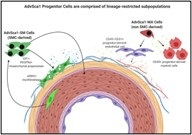
The cardiovascular system includes the heart and all blood vessels delivering oxygen to tissues and the transporting metabolic waste products to be cleared from the body. The pulmonary system includes the trachea (windpipe), the lungs, the muscles and bones of the rib cage, and the diaphragm. It transports oxygen to the blood and extracts carbon dioxide, along with directly interacting with external pollutants, bacteria, and viruses. Faculty study the molecular features that lead to diseased tissue and aim to leverage this information to design novel treatments and therapeutic strategies.
STRUCTURAL BIOLOGY
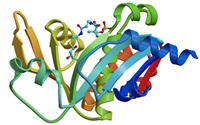 Many of the faculty utilize multi-omics data and molecular structure to define how and where pharmacological processes occur. Knowledge of the omics profiles from an individual allows us to define the target of pharmacologically important molecules. Defining the molecular structure of the target protein allows pharmacological mechanisms of molecules to be defined. The centers and facilities that aid in this research include the Genomics Shared Resource, Mass Spectrometry Center, Nuclear Magnetic Resonance Center, Electron Microscopy Facility, and the X-ray Crystallography Center.
Many of the faculty utilize multi-omics data and molecular structure to define how and where pharmacological processes occur. Knowledge of the omics profiles from an individual allows us to define the target of pharmacologically important molecules. Defining the molecular structure of the target protein allows pharmacological mechanisms of molecules to be defined. The centers and facilities that aid in this research include the Genomics Shared Resource, Mass Spectrometry Center, Nuclear Magnetic Resonance Center, Electron Microscopy Facility, and the X-ray Crystallography Center.
SIGNAL TRANSDUCTION
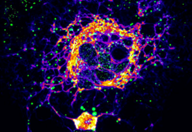
How the activities of different cell types are harmonized to provide integrated responses in an organism is the key feature that allows multi-celled organisms to flourish. This coordination is achieved by the activities of an array of neurotransmitters, hormones, and growth factors, which operate on timescales of milliseconds to days. The study of these processes is known as signal transduction, or cellular signaling, one of the key areas of biomedical research that tells us about normal functions and therapeutic opportunities. The majority of faculty study cellular signaling at some level, including ion channels, signal transduction pathways, second messengers, growth factor-signaling, and the cell cycle.
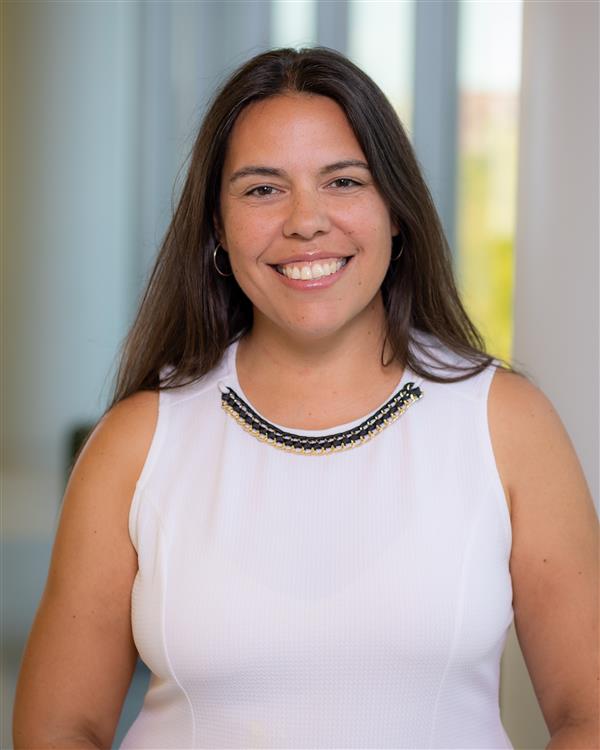
Nidia Quillinan PhD
Associate Professor
Completed CAM Facilitator Training
The Quillinan laboratory studies excitability and plasticity changes in the brain following cerebral ischemia. We are particularly interested in cerebellar networks that are affected by stroke and cardiac arrest. We also investigate the role of sex hormones and their receptors in acute neuronal injury and longterm hippocampal function.
Email:[email protected]

Debosmita Sardar PhD
Assistant Professor
At the Glial Epigenetics Lab, we are interested in the big broad question of how we perceive and respond to the world around us through our senses. Towards this, we are specifically interested in the sensory experience of smell. In our lab, we use mouse models to approach the smell system at a cellular scale of studying non-neuronal glial cells, and at a molecular scale of epigenetics. Together, our work will provide insights into how glial cells and epigenetics play together to shape sense of smell.
Email:[email protected]
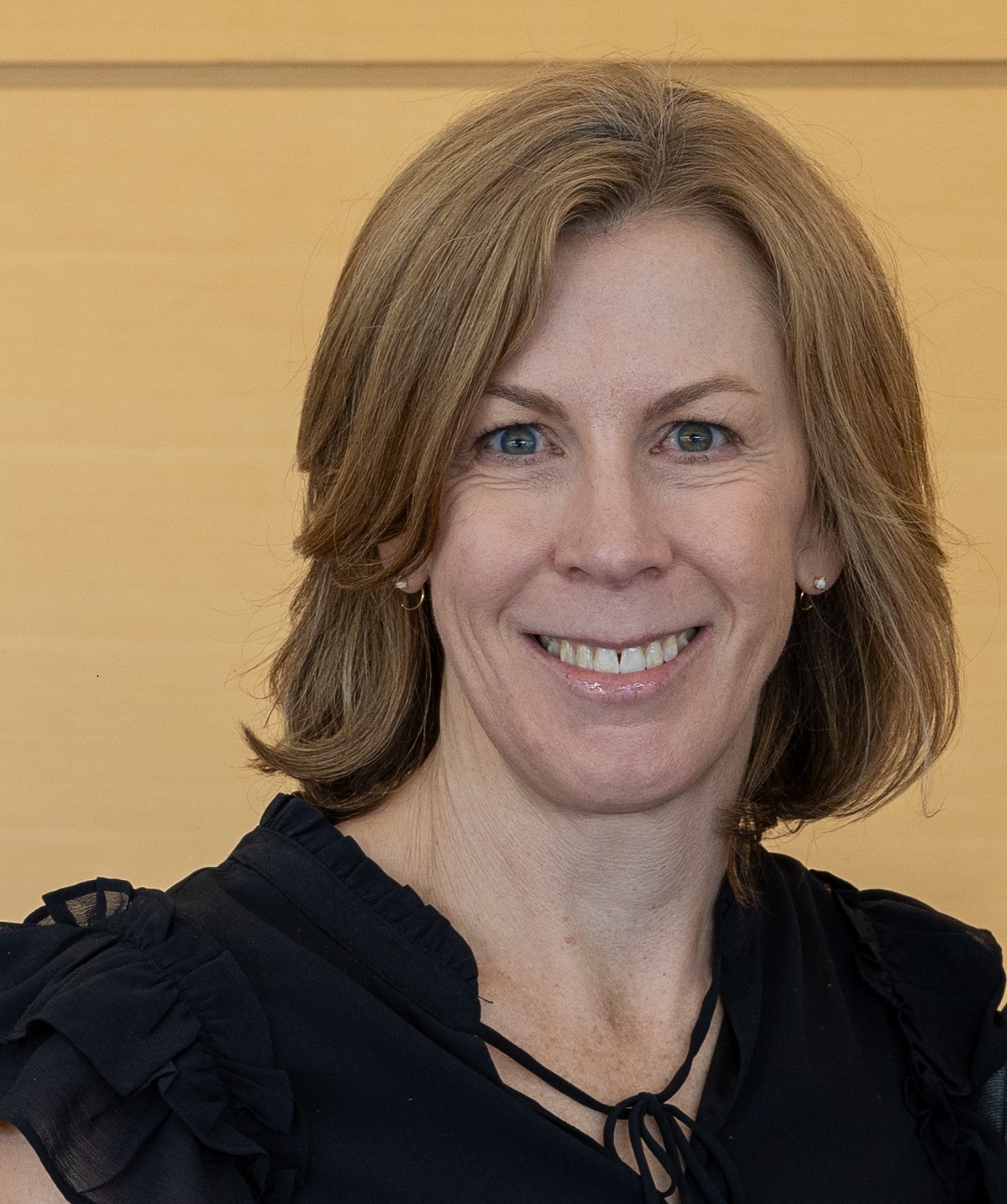
Rebecca Schweppe PhD
(she/her/hers)
Professor and Director, Cancer Biology Program
Completed Mentor Training Course
The focus of my lab is to identify novel molecular targets relevant to papillary and anaplastic thyroid cancer (PTC and ATC) with the ultimate goal of advancing these studies to clinical trials for thyroid cancer patients who do not respond to standard treatment. Trainings Completed: Certificate in Multicultural Mentoring, Implicit Bias Training, Bystander/Upstander Training, Active Listening Training to Support Student Mental Health
Email:[email protected]
Phone:3037243179
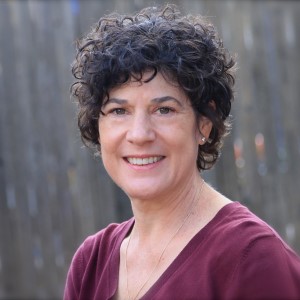
Lori Sussel PhD
Professor;
Director of Research, Barbara Davis Center for Diabetes
Completed Mentor Training Course
We are interested in the molecular mechanisms regulating pancreatic islet function in normal and disease conditions. In particular, we study the transcriptional programs, long non-coding RNAs, and RNA processing events that regulate pancreatic identity and function and how disruption of these programs leads to islet dysfunction and diabetes.
Email:[email protected]
Phone:3037249119
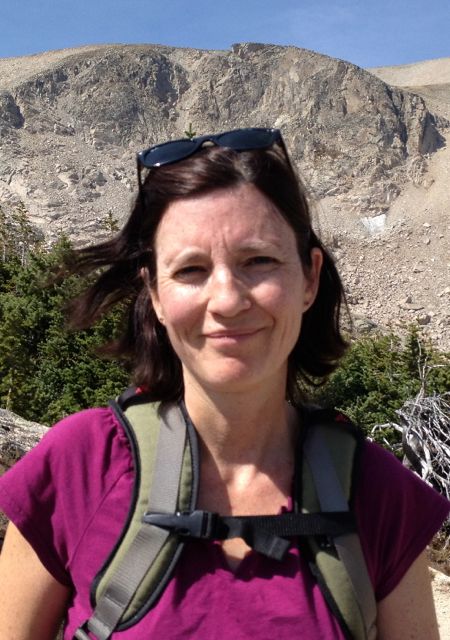
Chandra Tucker PhD
Professor
Completed Upstander/Bystander Training; Completed Mentor Training Course
Research in the Tucker Lab focuses on developing new tools to sense and manipulate the intracellular environment, and using these tools to understand dynamic cellular processes. A major focus is in developing ways that we can inducibly regulate and control fundamental molecular events such as protein trafficking, proteolysis, gene expression, and intracellular signaling using inducers such as light (optogenetic tools) or chemicals.
Email:[email protected]
Phone:3037246337

Mary Weiser-Evans PhD
Professor
Integrated Physiology Program Director
Completed Upstander/Bystander Training; Completed Unconscious Bias Workshop; Completed Resecting Others in the Workplace Workshop; Completed CIMER Facilitator Training
Our laboratory focuses on vascular biology, with particular emphasis on smooth muscle cell (SMC) signaling and understanding the regulation of SMC phenotypic modulation in disease.
Email:[email protected]
Phone:3037244846
CANCER BIOLOGY
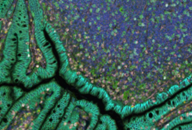 Our faculty are developing a detailed understanding of the underlying
molecular mechanisms that drive cancer cell behavior and then applying this
understanding to develop better, more tailored treatments for cancer. Faculty
are also members of the University of Colorado Cancer Center to translate
findings into the clinic. Specific areas of cancer biology research include: cancer drug resistance, metastasis, and tumor cell growth and death. We leverage cutting-edge technologies, in single cell multi-omic approaches, multispectral imaging, cell biology, structural biology, biochemistry, genetics, and systems biology.
Our faculty are developing a detailed understanding of the underlying
molecular mechanisms that drive cancer cell behavior and then applying this
understanding to develop better, more tailored treatments for cancer. Faculty
are also members of the University of Colorado Cancer Center to translate
findings into the clinic. Specific areas of cancer biology research include: cancer drug resistance, metastasis, and tumor cell growth and death. We leverage cutting-edge technologies, in single cell multi-omic approaches, multispectral imaging, cell biology, structural biology, biochemistry, genetics, and systems biology.
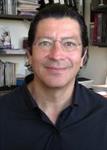
Raul Torres PhD
Professor
We have a long-standing interest in investigating the mechanisms by which B lymphocytes develop and subsequently mount antibody responses to foreign antigens and pathogens. In the recent past we have particularly focused on understanding how the distinct B cell populations that exist in humans and mice act in concert to provide humoral immunity. To address these issues, we rely on molecular, genetic and biochemical in vitro and in vivo approaches that often rely on genetically-engineered mouse models. More recent work in our lab has revealed that a bioactive lipid, lysophosphatidic acid (LPA), is able to suppress signaling by both B and T lymphocyte antigen receptors and specifically upon engagement with the LPAR5 receptor.
Email:[email protected]
Phone:3037248669

Michael Verneris MD
Professor
Completed Mentor Training Course; Completed Upstander/Bystander Training
My research studies are aimed at developing cellular therapy to reduce leukemia recurrence by enhancing immune recovery and by more effectively treating sites of leukemia (with a newly developed method of bone marrow irradiation).
Email:[email protected]
COMPUTATIONAL BIOLOGY & PERSONALIZED MEDICINE
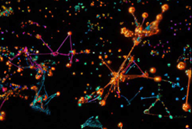
Faculty utilize the human genome, transcriptome, proteome, metabolome, and molecular structure to define how and where pharmacological processes occur. Studying biological systems is complex and drawing statistical inferences from large compendium data of genetic factors requires novel computational methodology and compute infrastructure. Faculty are designing the methods to translate these large datasets into knowledge.
Specific areas of computational biology and personalized medicine include systems pharmacology, development of network inference methods, prediction of novel gene function, genome and transcriptome-wide association studies, machine learning and artificial intelligence, and structure modeling. Faculty also have a strong interest in the ethical concerns raised with applying artificial intelligence models and the collection of large training and testing datasets.
NEUROPHARMACOLOGY
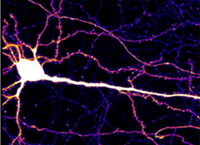
Faculty working in the area of neuroscience and neuropharmacology focus their research on characterizing the cellular and molecular mechanisms that underlie neuronal function and behavior. Because neuroscience/neuropharmacology is an increasingly integrative discipline, we incorporate cutting-edge multidisciplinary approaches including animal behavior, advanced microscopy, in vivo measurements of neural activity, electrophysiology, optogenetics and molecular and cell biology. One of the strengths of our faculty lies in the fact that they have experience in a number of different scientific disciplines.
Specific areas of neuropharmacology research at CU Anschutz include the study of molecular memory and synaptic plasticity, neurodegenerative diseases and molecular mechanisms that control synaptic transmission and neuromodulation. In addition, the pharmacology faculty has a particularly strong interest in the neuropharmacology of psychedelics and drugs of abuse.
PHARMACOLOGY AFFILIATE FACULTY
PharMM affiliated faculty are not available to serve as primary PhD mentors, but are available to serve on mentoring teams and student committees.
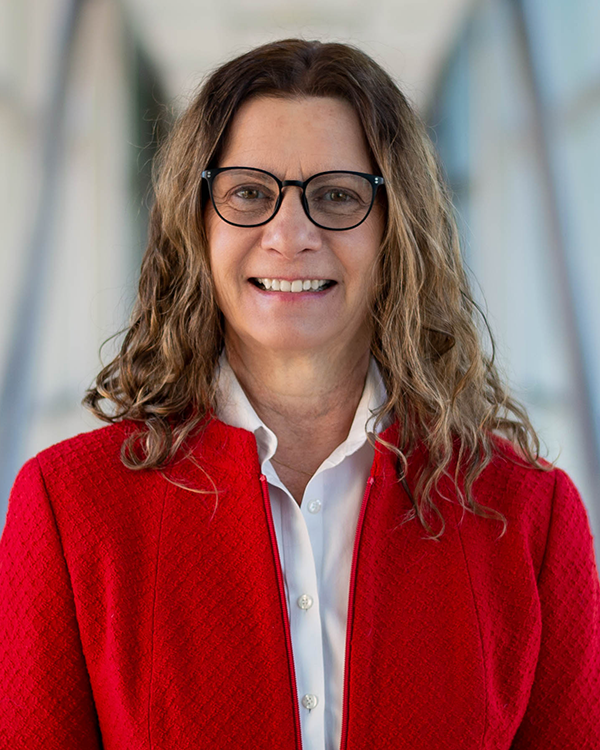
Mair Churchill PhD
Professor
Research Focus:
Chromosome Biology
Gene Regulation
Genomics Bioinformatics
Macromolecular Structure
Microbiology Virology
Structural Biology
My lab is interested in understanding the molecular basis of essential processes that regulate gene expression. We use biophysical, biochemical methods, and structural methods, including X-ray crystallography. Our insights into these fundamental mechanisms will contribute to a better understanding and ability to regulate gene expression processes involved in human diseases and will assist in drug development efforts.
Our studies focus on the following questions: (1) How is chromatin structure modulated for DNA-dependent processes? and (2) How do transcription factors and pioneering factors activate gene expression?
Email:[email protected]
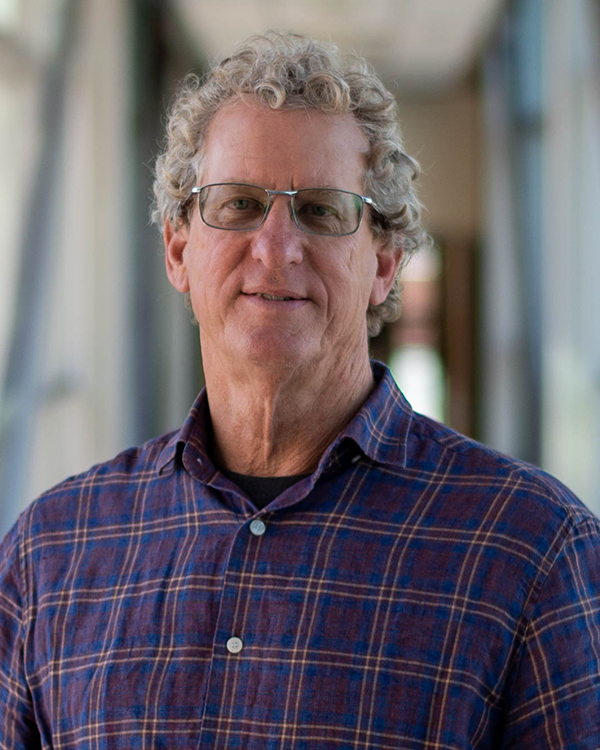
Scott Cramer PhD
Professor
Research Focus:
Cancer Biology
Genomics Bioinformatics
Prostate Cancer Tumor Suppressors, Stem Cells, Tumor Initiating cells, Signal Transduction, Receptor Signaling.
Email:[email protected]
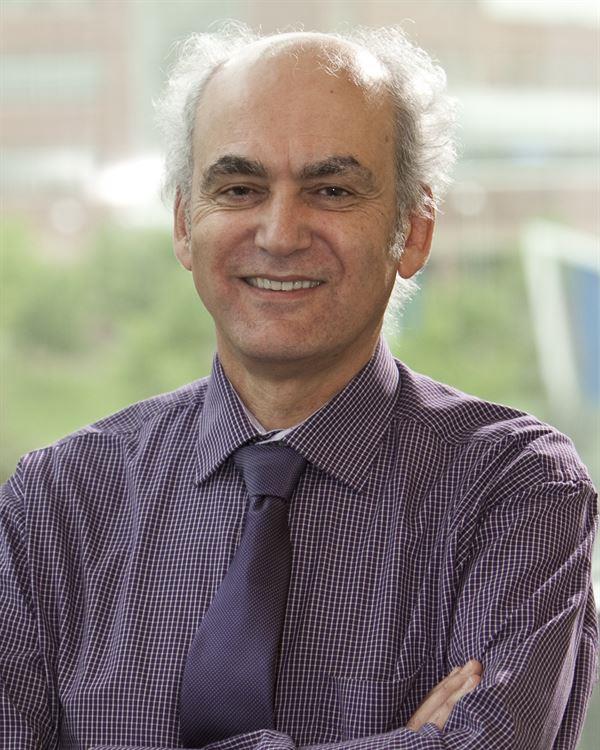
Charles Edelstein MD, PhD
Professor
Research Focus:
Signal Transduction
Caspases and apoptosis in Polycystic kidney Disease (PKD).
Email:[email protected]
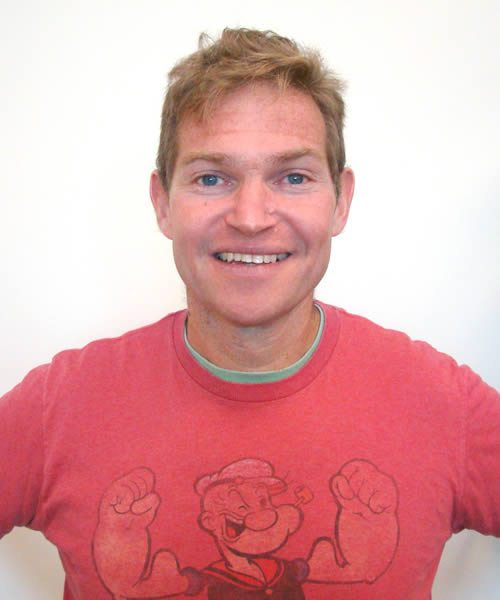
Elan Eisenmesser PhD
Associate Professor
Completed Mentor Training Course
Research Focus:
Accepting Students
Cancer Biology
Signal Transduction
The Eisenmesser lab takes a unique approach to understand protein function, and particularly enzyme function, by utilizing molecular engineering methods to control both structural interactions and the underlying movements that underlie their conformational changes. The ultimate goal of the Eisenmesser lab is to fully characterize molecular interactions at both atomic resolution and biological levels with a particular emphasis on medically relevant systems that may be exploited to either block or promote events underlying disease progression.
Email:[email protected]
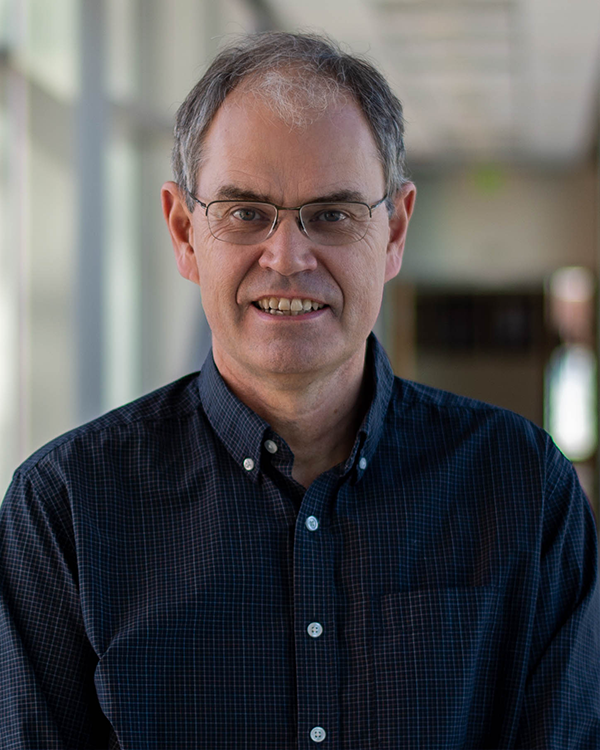
David Jones PhD
Associate Professor
Research Focus:
Structural Biology
Research in my lab uses NMR spectroscopy, X-ray crystallography, molecular biology and biophysical approaches to answer the fundamental questions of how mediators of signal transduction interact with proteins of neuronal signaling pathways.
Email:[email protected]
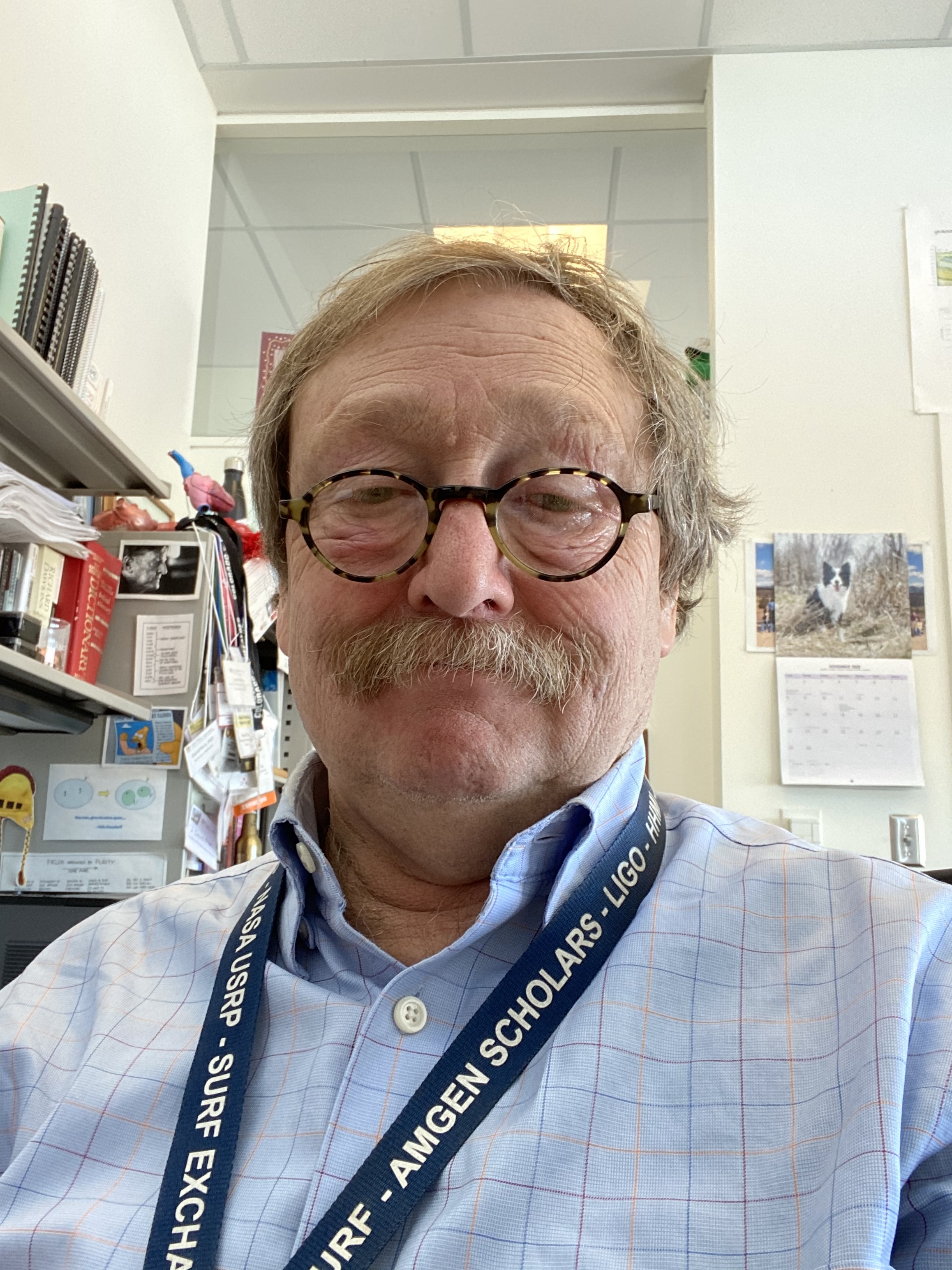
J. David Port PhD
Professor
Research Focus:
Cardiovascular & Pulmonary Biology
Genomics Bioinformatics
Signal Transduction
G-protein linked receptors and their regulation; regulation of mRNA stability.
Email:[email protected]